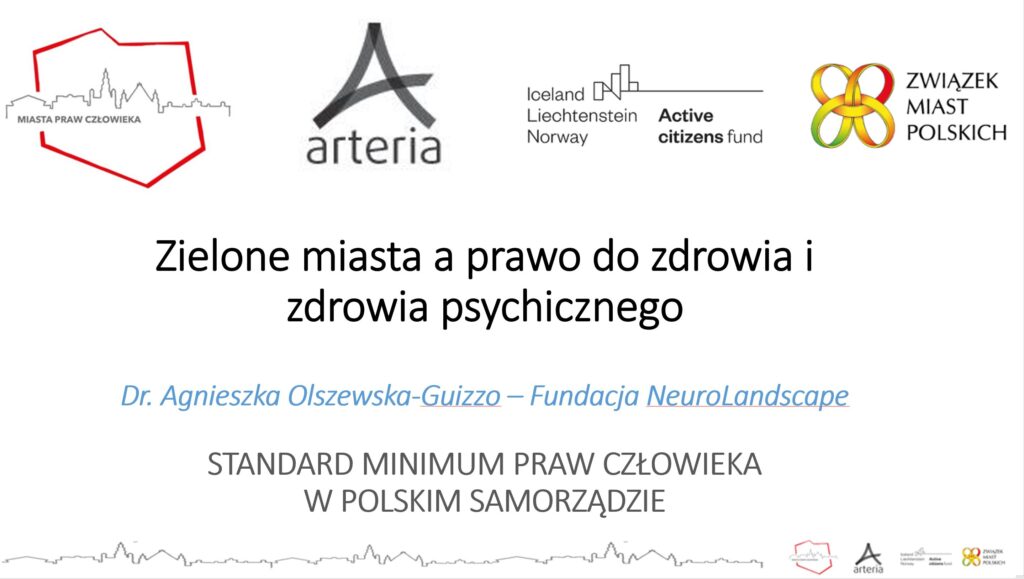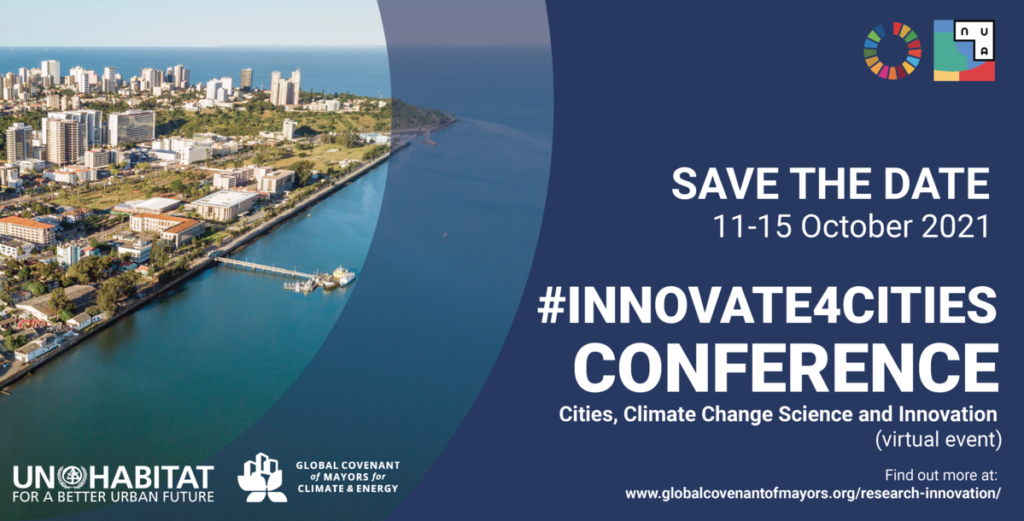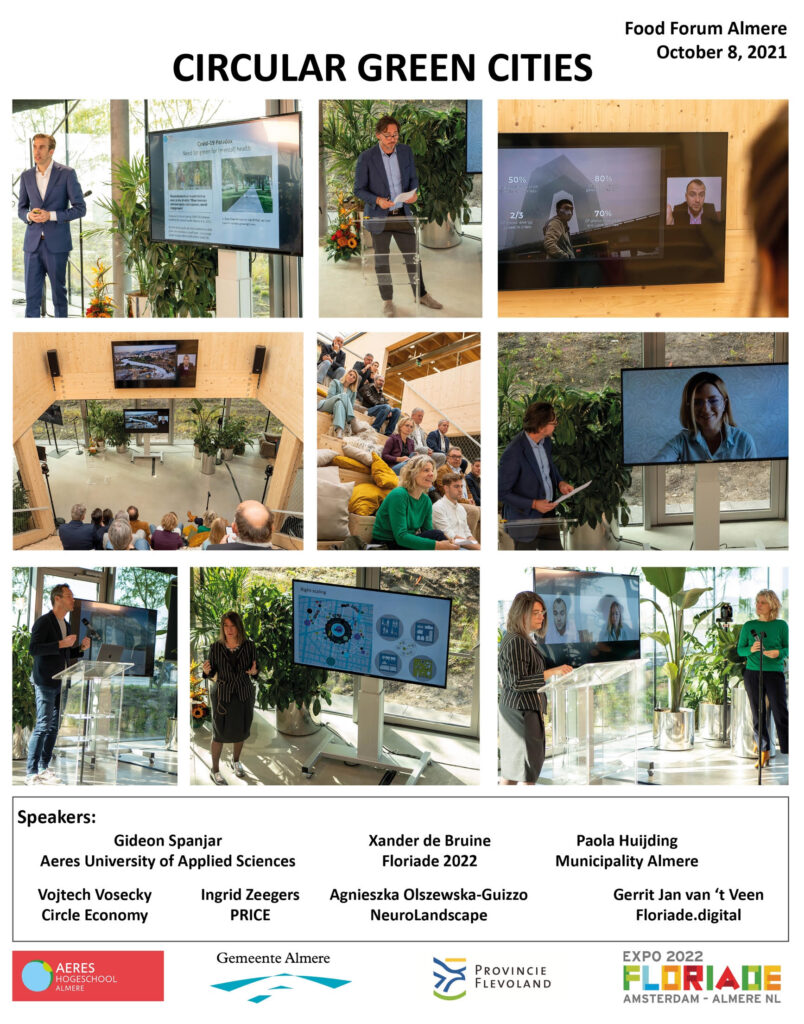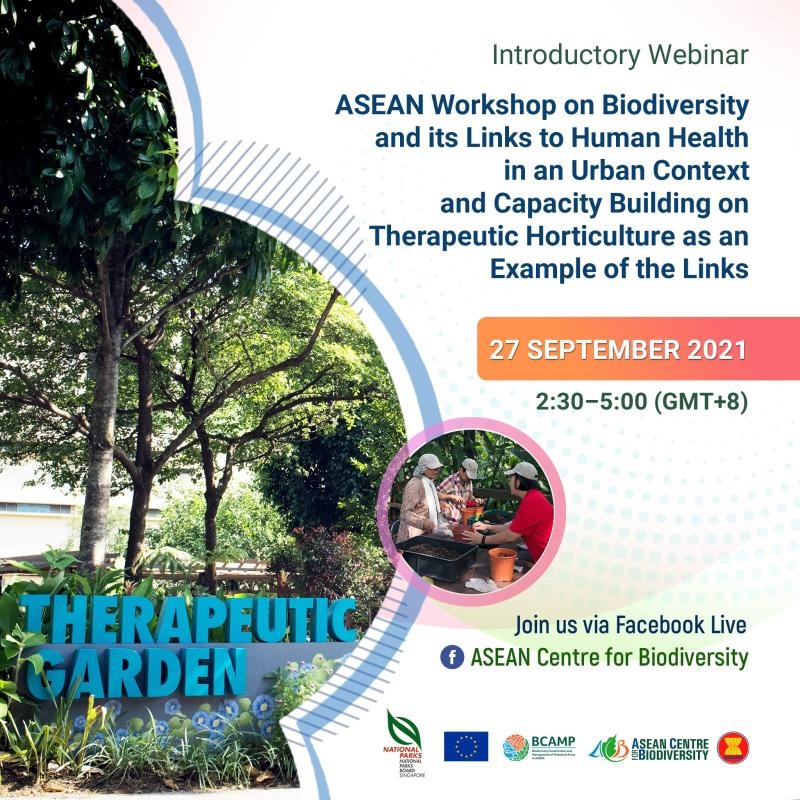18 of August 2022 10:40 AM Hong Kong Time (GMT+8) *online Dr Agnieszka Olszewska-Guizzo to present “Neuroscience for Designing Urban Green Spaces: Contemplative Landscape Exposure for Mental Health” at the International Conference for Environment and Human Health hosted by Research Centre for Environment and Human Health in Hong Kong. https://youtu.be/GZObrp0q9i4
Author: Agnieszka Olszewska-Guizzo
Zielone miasta a prawo do zdrowia i zdrowia psychicznego | Webinar in Poland
On June 1, 2022, a meeting with Dr. Agnieszka Guizzo was held on the relationship between green spaces in the city and mental health. The webinar covered topics such as the impact of the living environment on health and mental health; how the right to mental health can be violated by bad design decisions; ways Read More
Floriade Challenge 🌿‘The Green Escape’
Floriade Challenge 🌿‘The Green Escape’🌿 took place at Aeres Hogeschool Almere and Floriade Expo 2022. 25 young professionals accepted the challenge of Almere 2.0 and the Gemeente Almere to develop an innovative concept for greening an important 🏃🏻 slow-traffic route 🚴🏻 in the centre of Almere. May 20th: Location: Floriade MASTERCLASS: 14.45-16.00 u 14.15-14.45 IT check 14.30-14.45 Online walk-in 14.45-14.47 Welcome Read More
1st in-person NeuroLandscape Workshop | Korthi-Greece | 7-9 May 2022
The first, in-person scientific meeting of NeuroLandscape Team, titled “Natural and Cultural Heritage for Healthier and More Sustainable Urban Realms” took place among beautiful landscapes of the Greek island of Andros, hosted at the local Korthi Town Hall. The program of a 3-day event included: SATURDAY (7.05.2022) Time Presentation title – Speaker (Affiliation) Language 11:15 Read More
ICT Solutions for Healthcare | Webinar | 21 October 2021
XIII International Congress of the Spanish Association of Bioethics and Medical Ethics (AEBI) The Organizing Committee and the Spanish Association of Bioethics and Medical Ethics (AEBI) organized the thirteenth edition of the AEBI International Congress that hosted several focused events, including the webinar on ICT solutions for Healthcare. In it our NeuroLandscape VR tool called Read More
Innovate 4 Cities 2021 | UN Habitat Conference
Tuesday 12 October at 15:45 CEST. Dr. Agnieszka Olszewska-Guizzo has presented her insights at the session 5H: Green spaces for healthier cities, which was fully recorded and available online: https://www.youtube.com/watch?v=df16SGuCO1w The Conference, co-hosted by #UNHabitat and #Mayors4Climate, brings together innovative research and science to help cities tackle #ClimateChange challenges. The global five-day virtual #I4C Conference covering #Science and #Innovation partnerships driving inclusive, resilient, and climate-neutral #cities, runned Read More
Circular Green Cities at the Floriade Expo 2021
Experts talks were a part of the Sustainability day at the FoodForum and gave a lot of fruit for thought on how we can work towards more #circular cities (Vojtech Vosecky), nature inclusive urban developments such as #pampus #Almere (Paola Huijding & Ingrid Zeegers) and on a street-level scale by #RewildingSteppingStones (Gideon Spanjar) and the value for human well-being by Dr Agnieszka Olszewska-Guizzo. The event was Read More
ASEAN Workshop on Biodiversity and its Linkages to Human Health
27 September 2021 at 2:30 PM Singapore The connections between biodiversity, mental health and physical inactivity are particularly relevant in the context of shifting global burden of diseases in which non-communicable diseases are among the most rapidly rising challenge to global public health. Contact with nature may provide positive mental health benefits, as well as Read More
World Sustainability Forum Speech on Community-led Greenspace |13-15 September 2021
On Monday 13th September at 11:00 CEST Dr Diana Benjumea Meija presented her research on “The Spatial and Social Components of Community-led Green Spaces and its Contribution to the Health and Wellbeing of Low-income Communities” at the 9th World Sustainability Forum In the last decade, there has been a surge in projects initiated by urban Read More
EKLIPSE project outcomes: Systematic Review, Podcast, WHO Booklet
For several years, papers have been published about the positive impact of greenness on health, including some synthesis and systematic reviews. Yet, none of them has so far addressed the question of the type of habitats and components of such habitats that have a significant (and preferably positive) effect on mental health and psychological well-being. Read More










